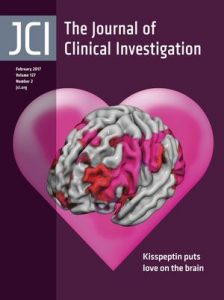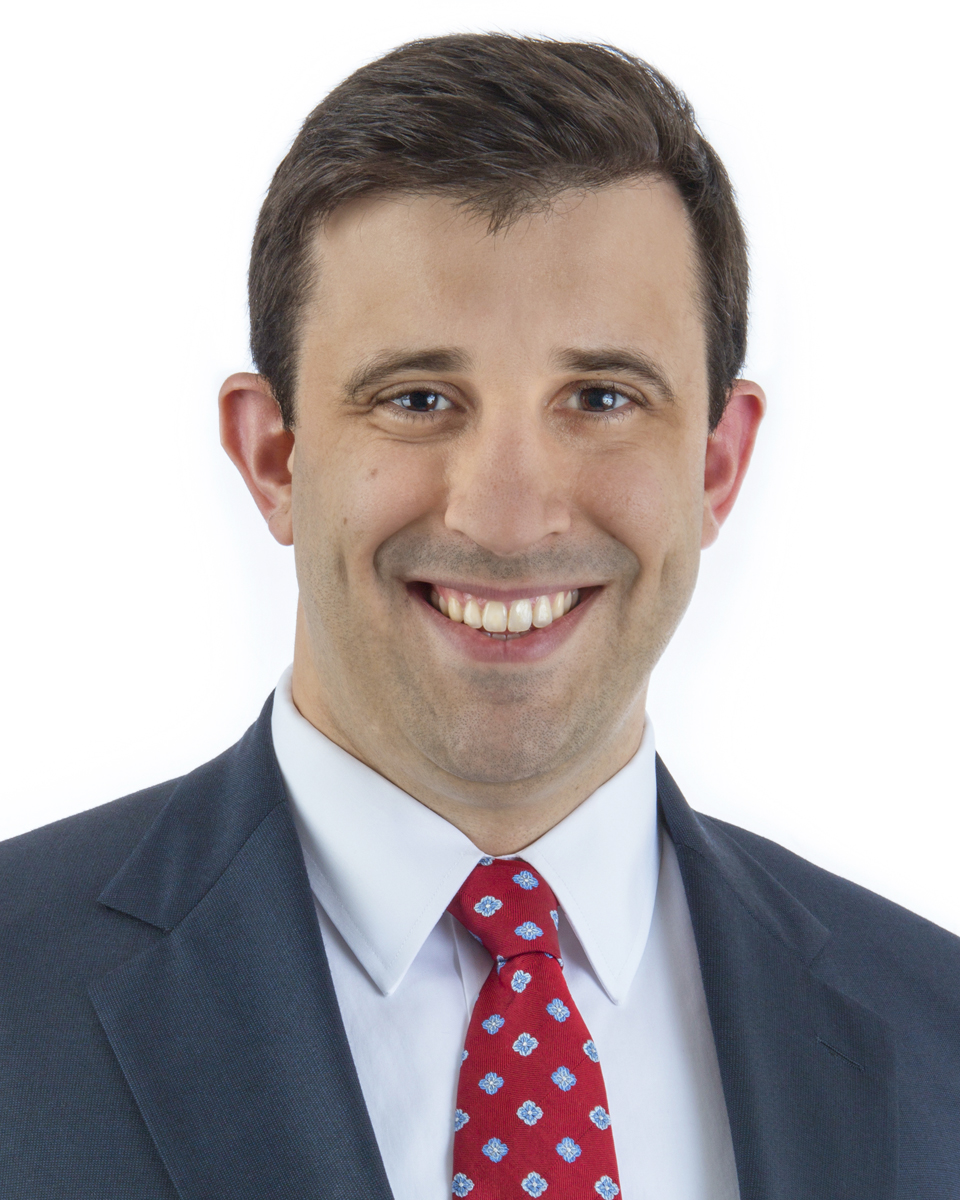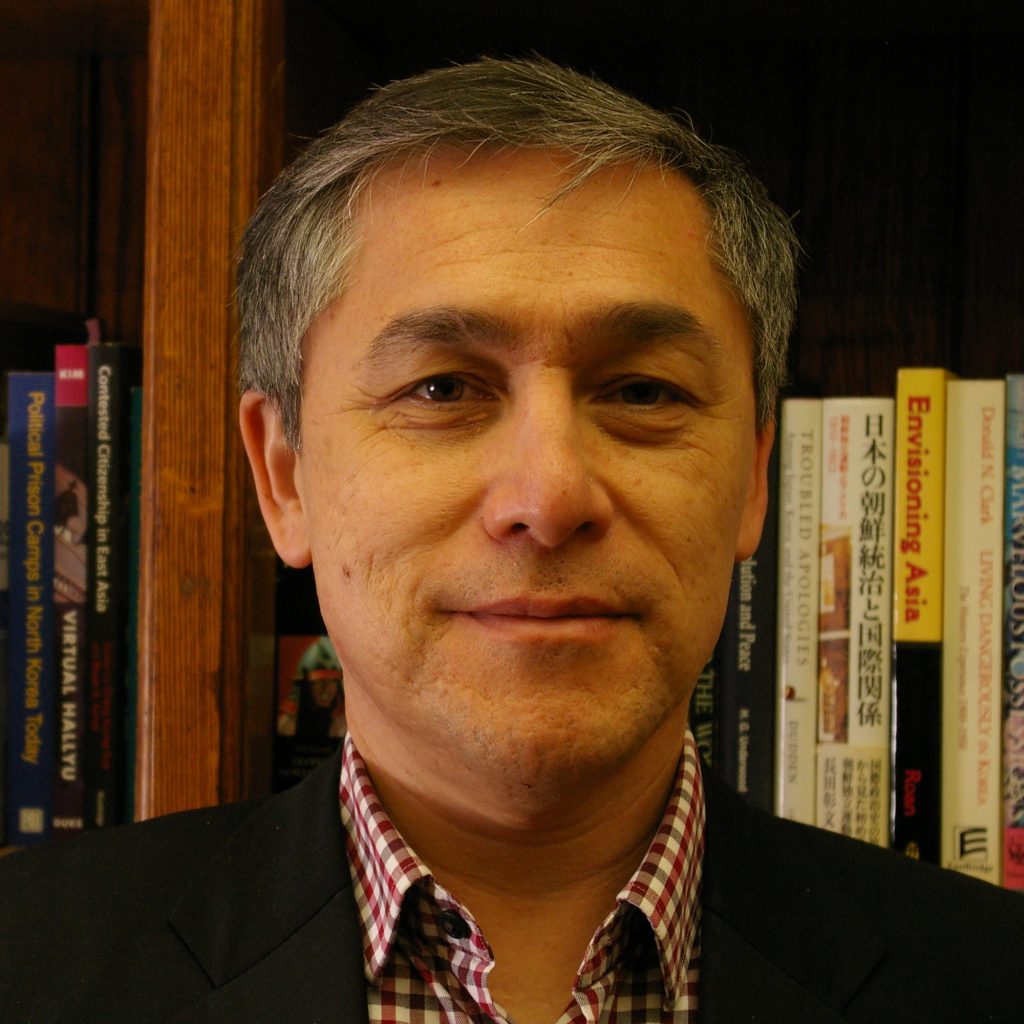
A tenured professor of history at Columbia University will be stepping down at the end of next year after an investigating committee at the school found “incontrovertible evidence of research misconduct” in his controversial 2013 book.
Charles King Armstrong, the Korea Foundation Professor of Korean Studies in the Social Sciences, was found to have “cited nonexistent or irrelevant sources in at least 61 instances” in “Tyranny of the Weak: North Korea and the World, 1950-1992,” according to the Columbia Spectator, which first reported on the resignation last week.
In a September 10 letter, Maya Tolstoy, dean of the Faculty of Arts and Sciences, announced the news to the institution:
Continue reading Columbia historian stepping down after plagiarism finding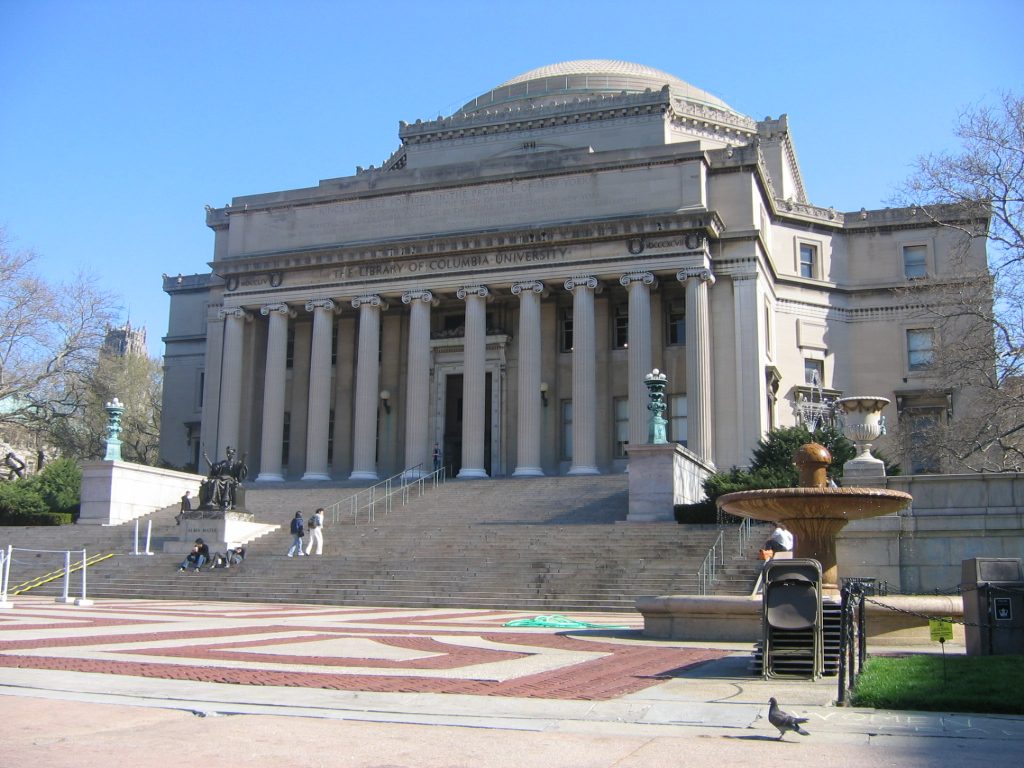

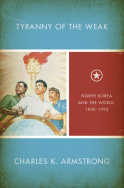 A historian based at Columbia University has returned a 2014 prize after criticisms prompted him to issue more than 70 corrections to his prominent book about North Korea.
A historian based at Columbia University has returned a 2014 prize after criticisms prompted him to issue more than 70 corrections to his prominent book about North Korea.